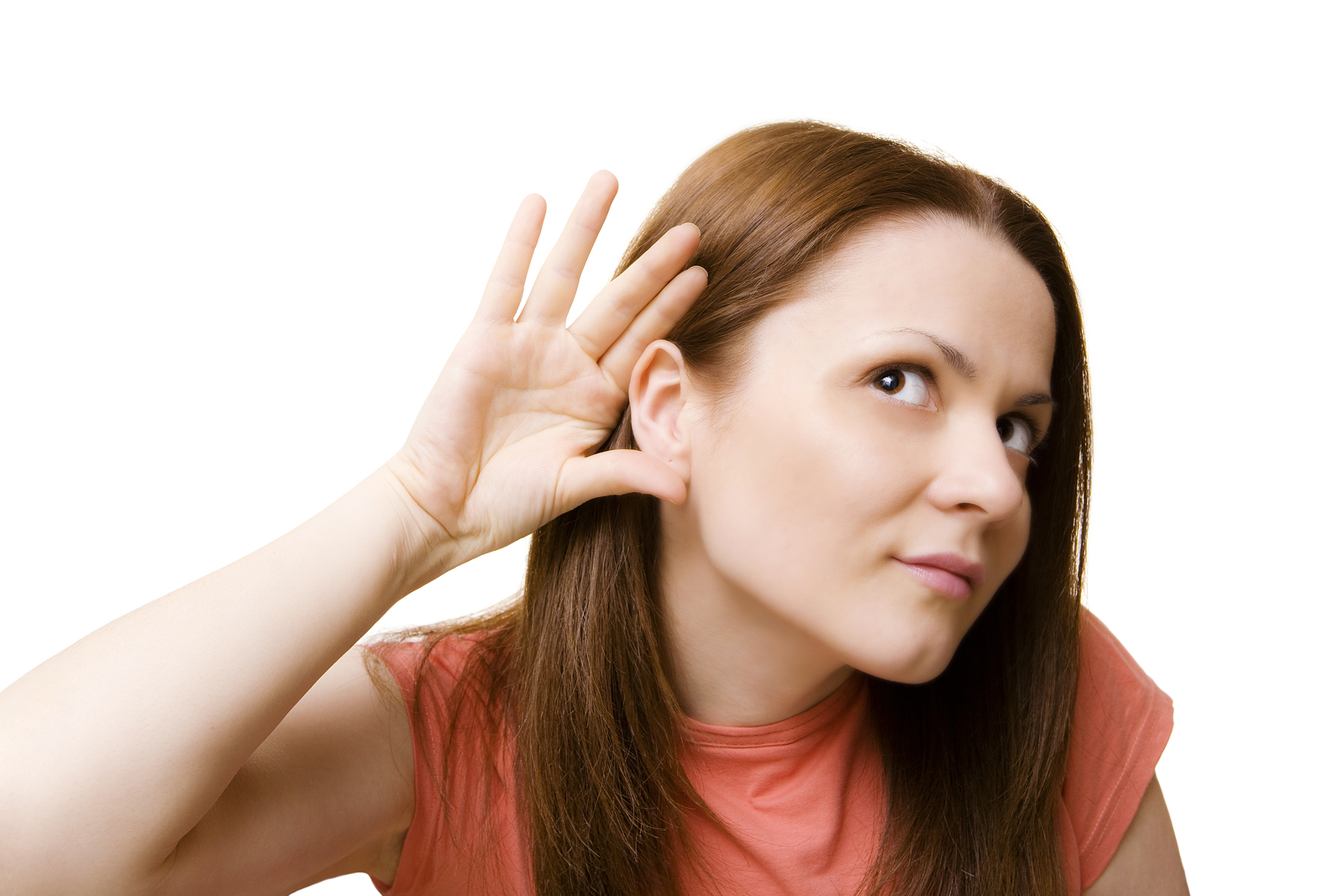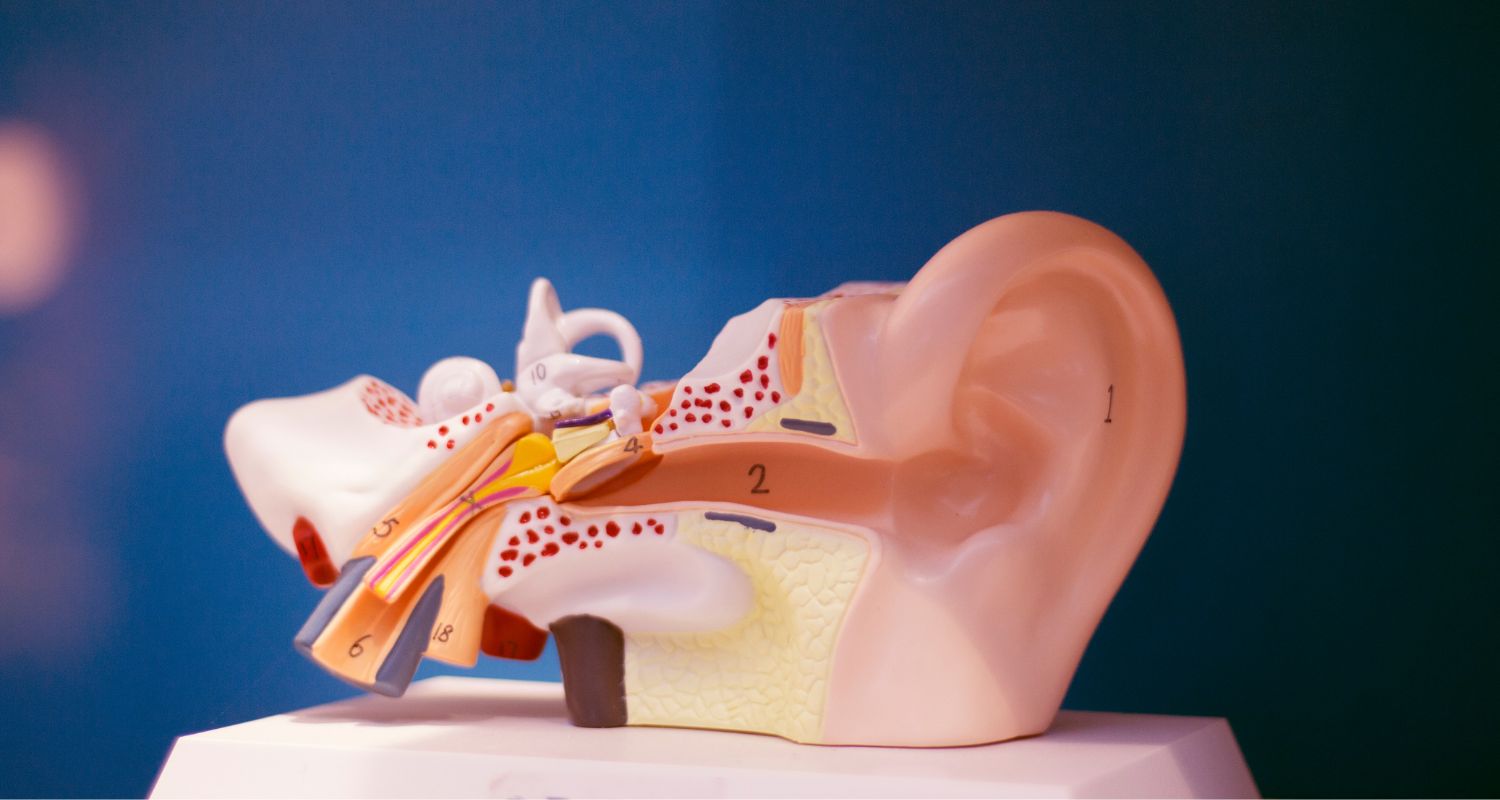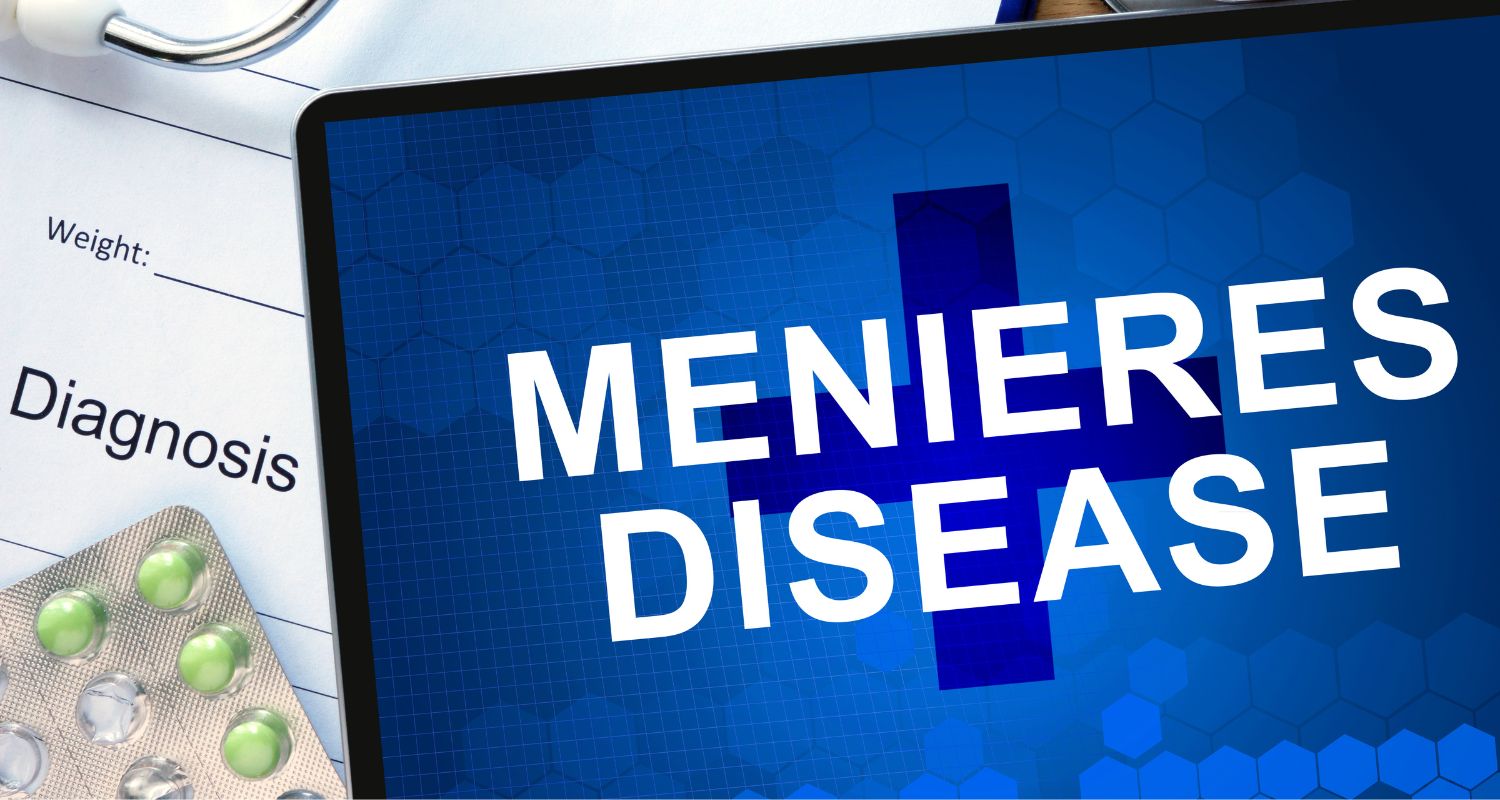All About Meniere’s Disease
Meniere’s disease is an inner ear disorder that can cause hearing loss and/or balance issues. This inner ear disorder can develop at any age but it is most prevalent among people above the age of 40. Meniere’s disease typically occurs in one ear and though there are no cures for it, there are treatment options that help manage symptoms.
Meniere’s Disease: Causes & Symptoms
Meniere’s disease occurs when fluid accumulates in the inner ear. This produces inflammation which can impact different organs and cells that are critical for the hearing process and maintaining balance. The exact causes of Meniere’s disease are unknown which can make it difficult to diagnose and treat. But there are a few theories about what can cause this condition including viral infections, autoimmune conditions, damaged blood vessels, and allergies.
Additionally, common symptoms of Meniere’s disease are shared with other conditions and it can impact people differently which contributes to the difficulty in diagnosing it. But the most common symptoms include the following:
- Tinnitus: hearing a ringing, buzzing, or clicking-like noise in the impacted ear when no external sound is present.
- Sense of fullness, congestion, or discomfort in the ear.
- Sudden bouts of dizziness, vertigo, imbalance. Dizziness can be brief or long-lasting.
- Hearing challenges, hearing loss.
Symptoms can significantly vary from person to person. But symptoms are typically recurring. Meniere’s disease can impact the auditory system (not always) which is the sensory system for hearing.
Hearing Loss and Meniere’s Disease
Meniere’s disease involves a buildup of fluid in the inner ear, specifically the labyrinth. The labyrinth is next to the cochlea which contains thousands of hair cells. These cells play a critical role in how sound is absorbed and processed. They convert incoming sound waves into electrical signals that get carried to the brain. Once the brain receives this auditory information, it can continue processing them which involves assigning meaning to these signals. This is what allows us to understand what we hear.
The accumulation of fluid in the labyrinth can disrupt the flow of signals from the inner ear to the brain. This reduces the capacity of the sensory cells in the cochlea to perform their essential function. This results in the brain receiving less auditory information which produces hearing challenges and even hearing loss. Hearing loss reduces the capacity to hear and process speech as well as sound which then produces a range of symptoms as well. These symptoms – tinnitus, muffled sounds, words seeming slurred, etc. strain communication which has multifaceted effects on everyday life.
Treating & Managing Meniere’s Disease
Diagnosing Meniere’s disease does not involve a straightforward process. There is not a single evaluation or symptom that diagnoses this condition. But this process involves seeing a specialist that can diagnose inner ear conditions like an ear, nose, and throat (ENT) doctor, also referred to as an otolaryngologist. Meniere’s disease may be diagnosed based on your medical history and the presence of the following symptoms:
- Tinnitus
- Hearing loss
- Two or more vertigo episodes that lasted at least 20 minutes (each)
- Sense of fullness or pressure in the ear
A series of tests may be performed to rule out other diseases. This includes performing a hearing test to evaluate hearing health and/or CT scans.
There are no cures for Meniere’s disease so treatment options are informed by the specific symptoms an individual is experiencing. Treatment often involves strategies that alleviate symptoms and help manage Meniere’s disease as much as possible so its impact is reduced in everyday life. Treatment can include:
- Medications: some medications target c and alleviate common symptoms like dizziness and nausea. This includes meclizine, diazepam, and lorazepam.
- Inner ear injections: injecting steroids in the middle ear can help reduce dizziness.
- Dietary changes: some triggers can worsen symptoms. This includes caffeine, alcohol, smoking, etc. so reducing consumption of these substances can be helpful.
- Hearing aids: these electronic devices are a common treatment for hearing loss. They provide the ears and brain with support, making it easier to hear.
If you are experiencing any of the symptoms described, please contact us to schedule an appointment to be evaluated. Our practice provides individualized care and support that prioritizes tailored solutions.







Leave A Comment